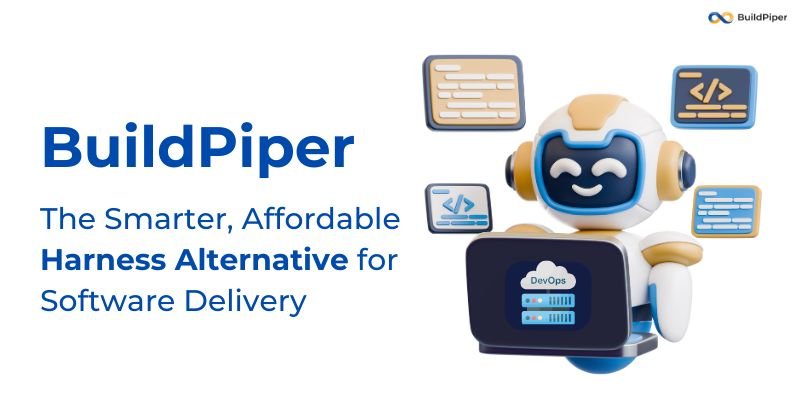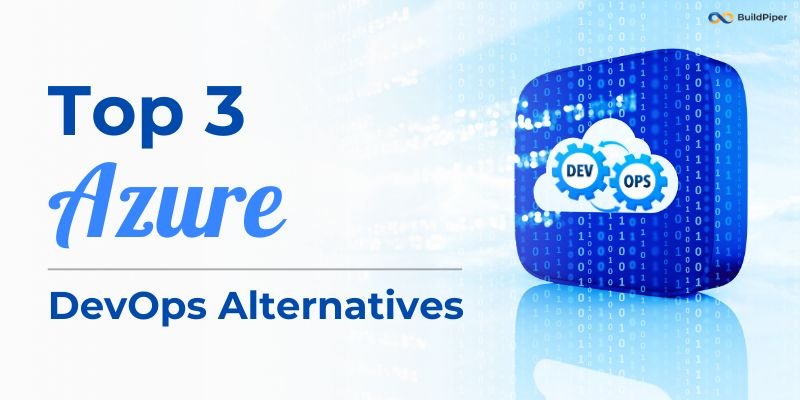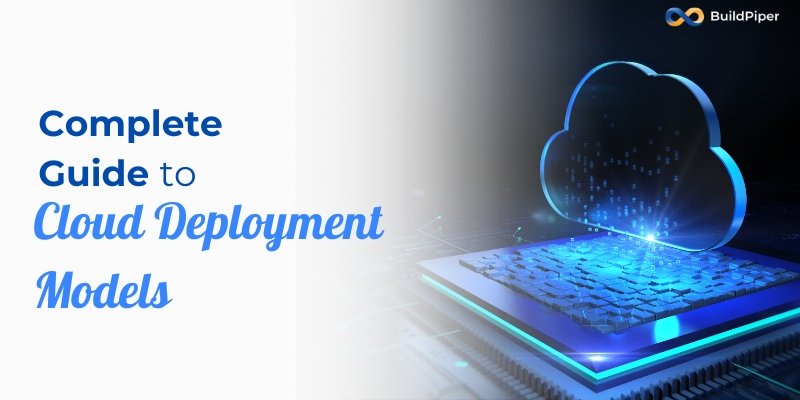In the rapidly evolving landscape of IT infrastructure and operations, businesses are constantly seeking ways to improve the efficiency and reliability of their managed services. As the complexity grows, traditional approaches to monitoring, troubleshooting and managing IT environments are no longer sufficient. This is where Artificial Intelligence for IT Operations (AIOps) comes into play.
AIOps is revolutionizing the way managed services are delivered, empowering organizations to proactively identify and resolve issues, optimize performance and streamline operations. Explore how AIOps platforms are transforming the managed services landscape and revolutionizing the way businesses approach IT operations. Here, we’ll delve into the key capabilities of AIOps, its impact on managed services providers and the benefits it brings to organizations across various industries.
What is AIOPs?
AIOps, which stands for Artificial Intelligence for IT Operations, refers to the application of artificial intelligence (AI) and machine learning (ML) techniques to enhance and automate various aspects of IT operations and management. AIOps leverages advanced algorithms and analytics to analyze large volumes of data generated by IT systems. After analyzing the data, AIOps identify patterns, detect anomalies and provide actionable insights to improve efficiency and effectiveness in managing IT infrastructure.
The primary goal of AIOps managed services is to streamline and optimize IT operations by automating repetitive tasks and facilitating proactive monitoring & problem-solving. It combines multiple technologies, such as big data analytics, machine learning, natural language processing and automation. This enables intelligent decision-making and problem-resolution in IT operations. AIOps can be applied to various IT operational areas, including:
- Event and Log Management: AIOps platforms can analyze and correlate event and log data from various sources to identify patterns, detect anomalies and prioritize incidents for faster resolution.
- Performance Monitoring: AIOps tools can collect and analyze performance data from applications, servers, networks and other IT resources to identify bottlenecks, predict performance issues and optimize resource allocation.
- Incident Management: AIOps can automate the identification, categorization, and prioritization of incidents, enabling quicker response and resolution. It can also suggest potential solutions based on historical data and known patterns.
- Root Cause Analysis: By analyzing historical data and correlating events, AIOps can help identify the root causes of problems and provide insights to prevent future occurrences.
- Change Management: AIOps can assess the impact of proposed changes in IT infrastructure and DevOps Operations Management Software, predict potential risks and provide recommendations to minimize disruptions.
- IT Service Management (ITSM): AIOps can integrate with ITSM platforms to automate workflows, facilitate self-service capabilities and improve the overall efficiency of service delivery and support.
By leveraging AI and ML capabilities, AIOps empowers IT teams to make data-driven decisions, improve operational efficiency, enhance system availability and deliver better customer experiences. It helps in managing cloud enablement services.
Benefits of AIOps
AIOps (Artificial Intelligence for IT Operations) offers several benefits for managed services in businesses. Here are some key advantages:
- Enhanced Operational Efficiency: AIOps managed services automate and streamline various IT operations, including infrastructure managing & monitoring, incident management and root cause analysis. By leveraging machine learning and data analytics, AIOps can detect anomalies, identify patterns and provide proactive insights. This enables managed service providers (MSPs) to resolve issues faster, reduce manual effort and optimize resource allocation.
- Improved Service Quality: AIOps help in delivering high-quality services by minimizing downtime and reducing the mean time to repair (MTTR). By continuously monitoring the IT environment, AIOps can quickly detect and alert MSPs about potential issues or performance bottlenecks. This enables proactive problem resolution, preventing service disruptions and enhancing customer satisfaction.
- Intelligent Alert Management: Traditional monitoring systems often generate a large number of alerts, leading to alert fatigue and making it difficult to prioritize and respond to critical incidents. AIOps employs advanced algorithms to analyze and correlate alerts, reducing noise and grouping related events. This allows MSPs to focus on the most important issues and avoid wasting time on false positives or low-priority alerts.
- Predictive Analytics: AIOps leverage machine learning and predictive analytics to forecast potential issues before they occur. By analyzing historical data and patterns, AIOps can predict future incidents, performance degradation, or capacity constraints. MSPs can proactively address these issues, implement preventive measures and minimize service disruptions.
- Scalability and Flexibility: Managed service providers often handle dynamic IT environments and complex DevOps operations management software. AIOps can scale and adapt to changing requirements, making it suitable for managing large-scale infrastructures and diverse technologies. It can integrate with existing monitoring tools, data sources and IT service management platforms, providing flexibility and ensuring compatibility with the MSP’s existing ecosystem.
- Data-Driven Decision Making: AIOps harness the power of data to provide actionable insights for decision-making. It can analyze vast amounts of data, enabling MSPs to make informed decisions about resource allocation and capacity planning. This data-driven approach enhances efficiency, reduces costs and improves overall business outcomes.
- Continuous Improvement: AIOps enable MSPs to continuously learn from historical data and feedback loops, leading to iterative improvements in service delivery. By analyzing past incidents and their resolutions, AIOps can provide recommendations for automating repetitive tasks, optimizing workflows and enhancing operational processes. This iterative improvement cycle drives efficiency, reduces errors and enhances the overall quality of managed services.
AIOps in Managed Services bring intelligent alert management, predictive analytics, scalability, data-driven decision-making and continuous improvement. By leveraging AI and machine learning, MSPs can enhance their capabilities, deliver better services and drive business growth.
[Good Read: Streamlining Your Microservices: The Role Of A Management Platform!]
How DevSecOps platforms can help in implementing AIOps?
DevSecOps platforms such as BuildPiper can provide robust security measures for the underlying infrastructure supporting AIOps systems. This includes features like secure configuration management, vulnerability scanning, access controls and encryption. By ensuring the security of the infrastructure, DevSecOps platforms minimize the risk of data breaches or unauthorized access to AIOps systems.
Moreover, AIOps relies on the collection and analysis of vast amounts of operational data. DevSecOps platforms can provide monitoring and analytics capabilities to track the performance of AIOps systems. This includes monitoring key metrics, analyzing resource utilization and identifying optimization opportunities. By continuously monitoring the performance of AIOps systems, DevSecOps platforms help ensure their effectiveness and efficiency.
A Quick Wrap-Up
Clearly, it is evident that AIOps hold immense potential in transforming the way businesses manage their IT infrastructure and DevOps platforms. By combining machine learning and automation capabilities, AIOps enables organizations to unlock the power of data. Using these insights, AIOps help to drive better operational efficiency, proactive incident management and improved customer experiences.
By leveraging predictive analytics, organizations can better anticipate future demands. Additionally, it enables teams to identify potential bottlenecks and make data-driven decisions to optimize resource allocation and ensure scalability. Moreover, AIOps brings automation, intelligent insights and proactive management to cloud enablement services.
While AIOps present numerous benefits, it is important to recognize that successful implementation requires careful planning, integration and regular infrastructure managing and monitoring. Organizations must ensure data quality, establish clear goals & KPIs and foster collaboration between IT operations, development and data science teams. Moreover, organizations should prioritize ethical considerations and data privacy to maintain trust and comply with regulatory requirements.









